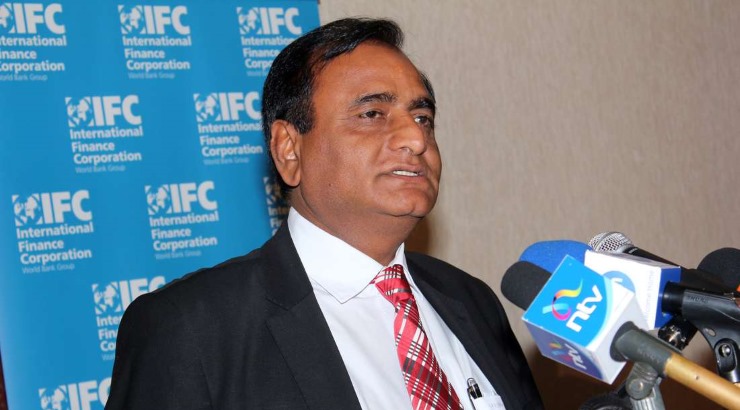Industry News
How Devki Beat Dangote in Battle for ARM Cement Assets
Devki’s proposal to acquire a portion of the business appealed to the receiver managers.

Early Tuesday, ARM Cement PLC announced it had signed a deal to sell all of its local assets to Devki Group’s National Cement in a Sh5 billion transaction that will help the latter become the second largest cement maker in the country after Bamburi.
The surprise deal, which is subject to receipt of requisite regulatory approvals, brings to an end months of speculations that Dangote Cement would clinch a buyout deal for the company that is seeking to pay down its mounting pile of debt.
Dangote Cement, which is owned by billionaire Aliko Dangote, was last year approached by ARM for a potential deal that would have offered the Nigerian firm an easier entry into the Kenyan cement market.
The proposal greatly enticed Mr Dangote, who even told Bloomberg News in an interview that he was discussing a possible takeover deal with the company.
“We are talking to (ARM) to see if we can take it over,” he said without going into detail.
A few weeks later, Raysut Cement Company, Oman’s largest cement maker, made an offer to buy ARM for Sh10.2 billion as part of its strategy to become a key player in the East African cement business.
The bid, if successful, would have helped the company to become a manufacturer of cement in Kenya, a shift from its present status of being a supplier of clinker to regional cement makers.
ARM was placed under the PwC administration in August due to its inability to secure a strategic investor amid debts totaling 14.4 billion shillings.
With operations in Kenya, Rwanda, and Tanzania, ARM remains highly attractive to investors looking to expand in the region.
In Kenya, it operates a clinker and cement grinding plant in Kaloleni and a cement grinding plant at Athi River. The company imports, manufactures, and sells cement in Rwanda through its entirely owned subsidiary Kigali Cement Company.
In Tanzania, ARM runs limestone, clinker, and cement plants through its subsidiaries Maweni Limestone Limited and ARM Tanzania.
RELATED: Narendra Raval Makes Bold Bet on Cement Business
Although it was widely expected that either Dangote or Raysut would clinch the deal, insiders say that Devki’s proposal to acquire ARM Cement’s assets in Kenya proved attractive to its receiver managers who preferred splitting the firm to gain the highest value.
Unlike Devki, Dangote wanted to acquire the entire business, while Raysut placed a bid for a 70 per cent stake in the company.
According to George Weru, one of the administrators for ARM, the sale of the business in small portions will help deliver better value to creditors while safeguarding the interests of stakeholders.
“The signing of (deal) marks an important moment for the delivery of our mandate …to realise value for the creditors, ensure continuity for the business and its suppliers and in the process safeguard the jobs of its employees through a going concern sale.”














